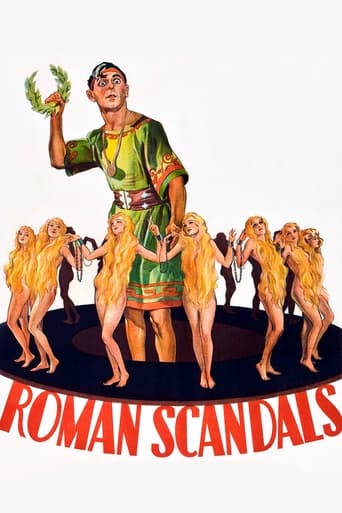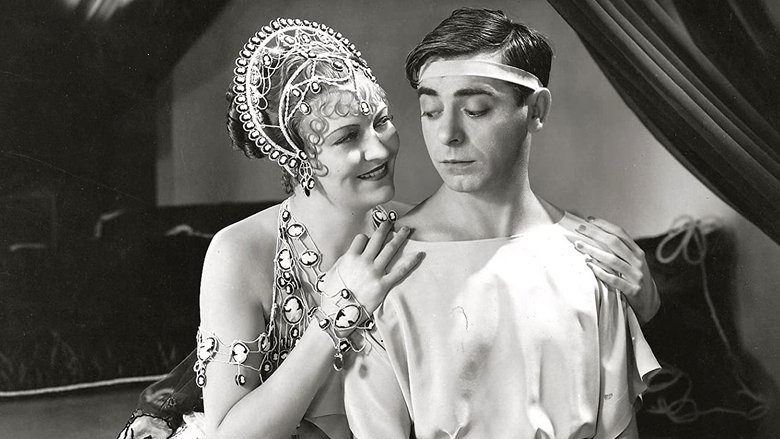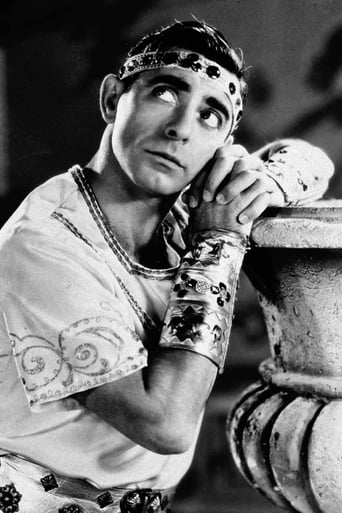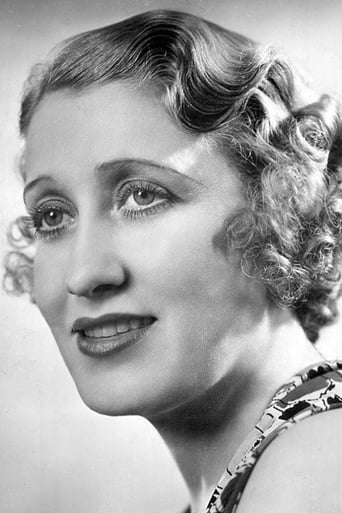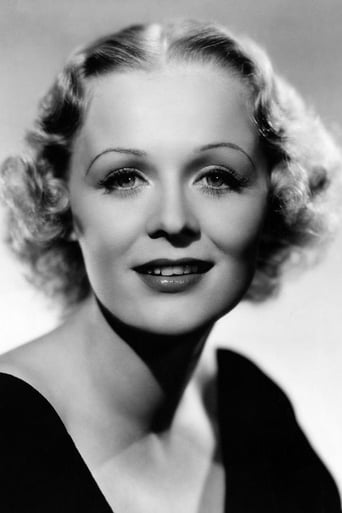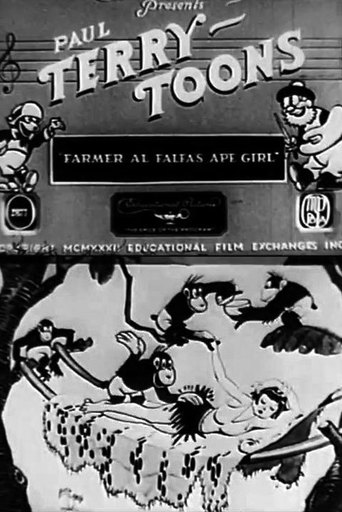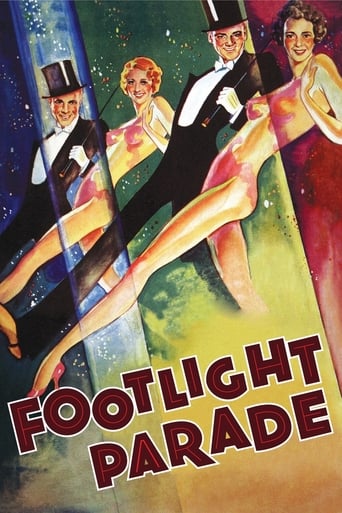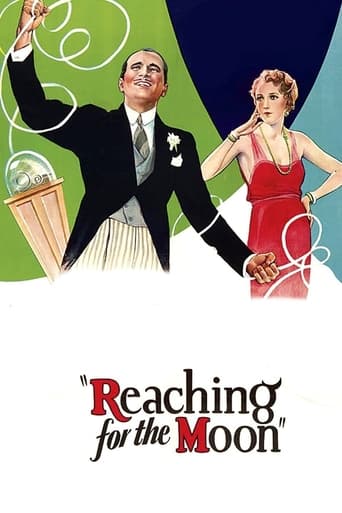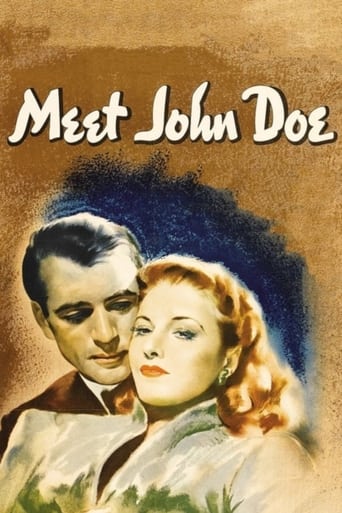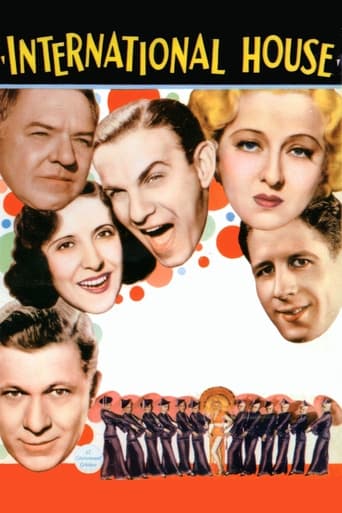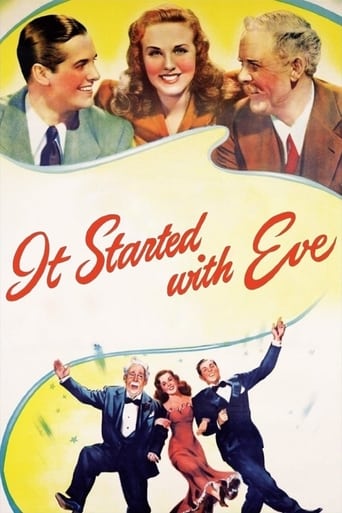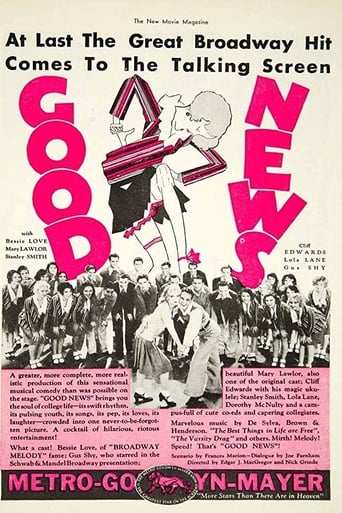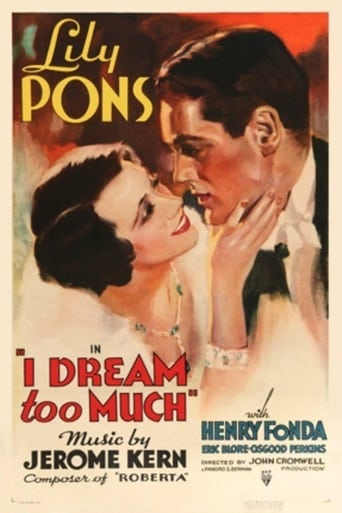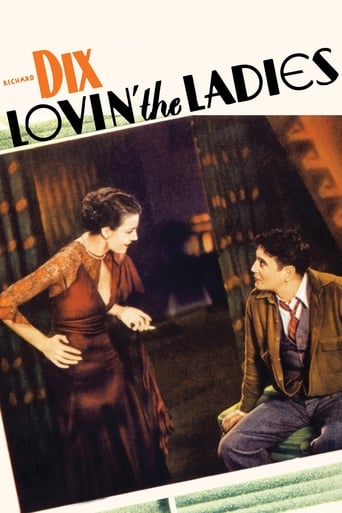Roman Scandals (1933)
A kind-hearted young man is thrown out of his corrupt home town of West Rome, Oklahoma. He falls asleep and dreams that he is back in the days of olden Rome, where he gets mixed up with court intrigue and a murder plot against the Emperor.
Watch Trailer
Cast


Similar titles
Reviews
If you don't like this, we can't be friends.
It's not great by any means, but it's a pretty good movie that didn't leave me filled with regret for investing time in it.
Although it has its amusing moments, in eneral the plot does not convince.
This is a gorgeous movie made by a gorgeous spirit.
No song and dance man could tickle your funny bone while being suckered more than Eddie Cantor. He always had an angel over his shoulder as he always came out on top over the various bullies, gangsters, con-artists and in this case a Roman Emperor who tangled with him. This film has two settings, starting off in modern times and moving to an era when toga parties were a common occurrence. Cantor scores in the modern set "Build a Little Home", a tribute to those displaced by the depression which has subtle hints of innocent communism in it. Annie Lennox fans will recognize "Keep Young and Beautiful" which Cantor performs in his signature blackface. It may offend some, but you can't deny its shear artistry, especially with the galaxy of Goldwyn Girls. Lucille Ball is totally recognizable as one of them, particularly in the slave market set "No More Love", a torch song performed by Ruth Etting. That number has the chorus girls totally naked with the exception of their long blonde hair covering their flesh. Titanic fans will recognize the name of Gloria Stuart, here the ingénue. Edward Arnold is an imperious Roman Emperor and the luscious Veree Teasdale is his delightfully scheming wife. A climactic chase sequence has elements of the great silent comedies and is sure to have you riveted to your seat.
Eddie (Cantor) is escorted to the city limits of his home town of Rome (Oklahoma, I think) because of a run in with the city fathers who find his charitable, good nature a hindrance. He falls asleep and wakes up in ancient Rome. If you are a fan of ol' Banjo Eyes, this film is for you. It is pure Cantor, from start to finish, with all the attendant jokes, one liners, comebacks, eye rolling and pratfalls. If you are not a devotee, there is little to recommend this 1933 flicker. George S. Kaufman could have done better by the plot, although anything he might have written would have been over powered by Cantor. Busby Berkley and the Goldwyn Girls provide plenty of eye candy, and the music is among the best of the early musicals, especially "Build a little House" which opens and closes the film. Ruth Etting, although billed along with Gloria Stuart and Veree Teasdale, provides but one song, "No More Love". Teasdale and Stuart will remind you of just how glamorously beautiful the female stars molded by the studio system could be. To boot, they could act. The only actors who come close to matching the presence of Cantor are Edward Arnold, as the Emperor, and Alan Mowbray, as the Major Domo; both could be accomplished scene stealers. The chariot chase is spectacular, although marred by the then common practice of speeding up the action by adjusting the film speed. This is not among the best of the depression era comedies and musicals, but I can think of worse ways to spend 90 minutes.
Cantor's name is well-known in the annals of comedy, but his cinematic legacy tends to be overshadowed by Laurel & Hardy, Buster Keaton, Charlie Chaplin, The Marx Brothers and Harold Lloyd. Here is one of his most popular films and one of only several that are still readily available to view. He plays a rather knuckle-headed town dope who is beloved by most of the citizens, but disliked by the corrupt Mayor and Police Chief. When he foils their plan to evict a bunch of families, (by convincing them to set up house in the street!) he is run out of town and proceeds to dream that he's in ancient Rome, experiencing similar difficulties. While discovering the hierarchy of Roman society, he comes into contact with handsome nobleman Manners, beautiful captive slave Stuart and devious Emperor Arnold, whose discontent wife Teasdale is out to poison him. Legendary torch singer Ettig also appears as a slave who bemoans the fate of her kind in an elaborate production number featuring semi-nude, platinum-haired girls chained to a rotating column! Cantor gets into every type of trouble imaginable, giving him a chance to try out innumerable sight gags and quips, the bulk of which are surprisingly funny in spite of the fact that they've been used, heard and stolen many times since! Like any comedian, Cantor's style will appeal more to some than to others. Believe it or not, some of Pee Wee Herman's roots can be glimpsed here, though Cantor has surely inspired many others as well. Manners is lively and attractive here, able to overcome his permed hair and rise to the occasion of being a virile hero. Stuart isn't called upon to be much more than window dressing, but she's lovely. Appearing in the cast is Darwell as the haughty owner of a salon. One of the most memorable numbers is set there with Cantor on the run in (now politically-incorrect) blackface. What happens to him at the end of it is a comic highlight. Buried even further down is Ball, who has one line early on and can be seen occasionally thereafter. Stuart claims to have met Ball here and introduced her to her husband, who was able to get her career rolling a bit more heavily. For a film more than 70 years old, the material is more entertaining and arresting than one might expect. It can't be accused of being slow as Cantor bounces from one locale to the next, causing havoc at every turn. Fans of classic comedy owe it to themselves to give it a look.
Dates badly and is generally a snore; however the musical numbers directed by Busby Berkeley liven things up, and there is the unusual appearance of singer Ruth Etting who was quite famous at the time. Gregg Toland's very early B&W photography is amazing, and could be more properly called "grey-scale"; what he did was very difficult to pull off given the crude state of the technology of the time.

